Best Romanian films of 2022
Although the world hoped that 2022 would bring a moment of well-deserved calm after the two stormy years of the pandemic – which, as devastating as it was for the industry, still produced an impressive number of masterpieces – it wasn’t meant to be: the invasion of Ukraine by Russian forces cast a long shadow over the whole year, leading to extensive discussions about the role of film at such times and boycotting Russian and Belarusian cinema, but also to great solidarity with the millions of war refugees, many of them filmmakers themselves.
Even though the Romanian film enjoyed great visibility in the international festival circuit – with films such as R.M.N. (dir. Cristian Mungiu), Metronom (dir. Alexandru Belc), and The Potemkinists (dir. Radu Jude) at Cannes, which have already been released in cinemas, or To the North (dir. Mihai Mincan) and Ordinary Failures (dir. Cristina Groșan) at Venice, which will be released next year – this visibility, however, has not translated into local popularity for these titles, neither among the public nor among critics. However, there has been a handful of films, which rather fall within the mainstream area and were released in the second half of the year, that won the popular vote: the comedy Teambuilding (dir. Matei Dima, Cosmin Nedelcu) and the horror The Goat and Her Three Kids (dir. Victor Enache), marking a high point in the rise of commercial films in Romanian cinema.
For our year-end top, we focused on feature-length fiction films that had their Romanian theatrical release in 2022, as well as short films and documentaries presented in local festivals this year. The undisputed leader in our rankings is the hybrid documentary You Are Ceaușescu to Me, Sebastian Mihăilescu’s feature debut, with five votes, followed by Radu Jude (with four votes – two for the short film The Potemkinists, two for the omnibus Cinema Almanac), and third place being taken by two short films by emerging filmmakers: Berliner Kindl (dir. Lucia Chicoș) and Amok (dir. Balázs Turai). Thus, in a year where feature films seem to have disappointed, the only alternative was to turn our gaze to short films.
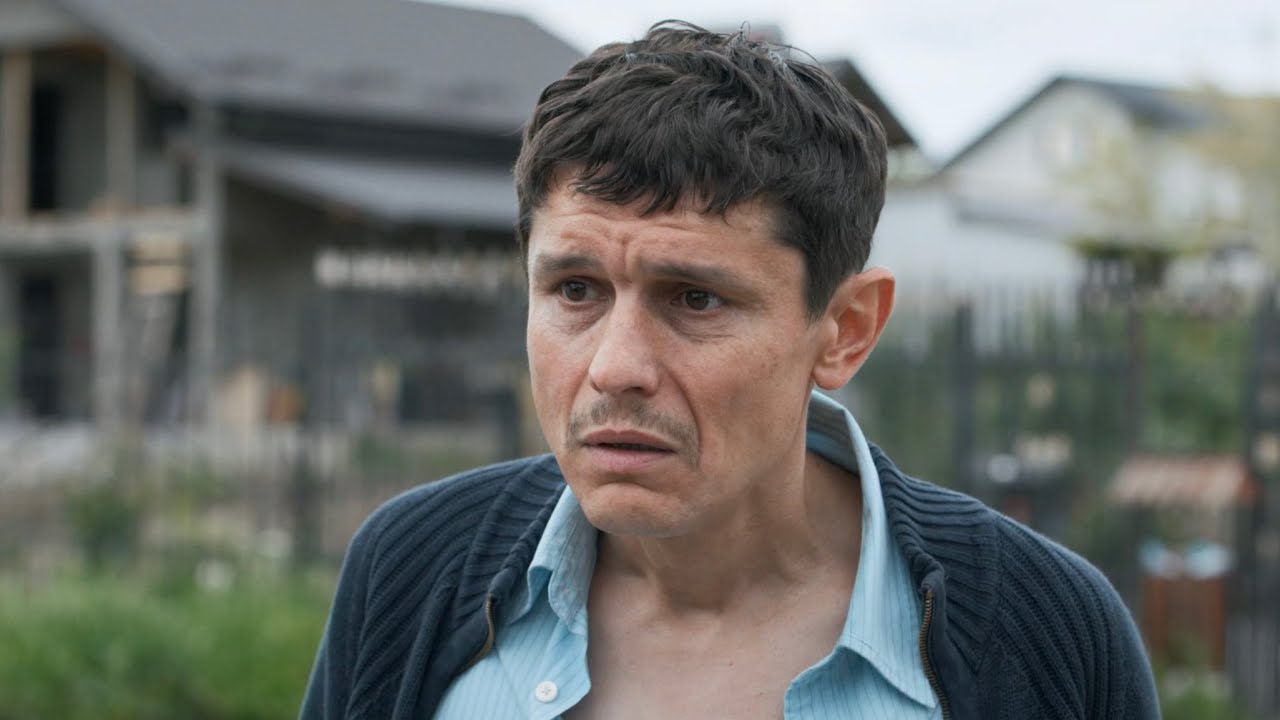
Laura Mușat
It hasn’t been such a great year for Romanian cinema, especially after a 2021 full of laurels and remarkable films. But if you also consider the productions that had their world premiere last year in festivals and which only this year came out in local cinemas, you’ll have a slightly wider choice of options. What I’ve found exciting this year is actually the diversity in the Romanian cinematic landscape – a diversity that I have been waiting for a long time. Beyond the films that do great in festivals, we’re starting to see more and more films that are popular with audiences. I don’t think this event should be overlooked, so along with the three chosen titles, which I consider important for different reasons, I also have a special mention that goes to a commercial film.
In chronological order:
You Are Ceaușescu to Me (dir. Sebastian Mihăilescu)
WOW. It was the only word I could articulate after watching it. What Sebastian Mihăilescu does with this film, blending documentary and fiction, is simply brilliant. And it gets extra points for its topic – imagining Ceaușescu in his youth –, a complete novelty in Romanian cinema after 1990. A must-see.
Men of Deeds (dir. Paul Negoescu)
For me, Paul Negoescu is that director who is popular with both types of audiences, festival and general. I’ve seen all his films and I can confidently say that Men of Deeds is by far his best one yet. I think he has finally found his place and will pave the way for young directors who want to try something else. Men of Deeds is a must-see because it’s incredibly well written, because Iulian Postelnicu delivers (in my opinion) his second-best performance so far (after Arrest, by Andrei Cohn) and because it’s an intelligent film that anyone can watch.
Metronom (dir. Alexandru Belc) – I’ve included on my list not because it’s some great masterpiece, but rather because it’s a story about the communist era told through the eyes of teenagers, and I think it should be seen by as many young people born after 1990 as possible. Although neither directing nor performances were the most brilliant, Belc’s film, taken as a whole, made me wonder, for the first time, what my parents’ teenage years were like. It made me look more closely at myself and the freedom I have (always) enjoyed and ask myself questions about communism from a completely different perspective
I think that each of these three titles brought something new to the Romanian film landscape. As for the special mention, it goes to The Goat and Her Three Kids (dir. Victor Enache). We have so many folktales that could be adapted into films, I’m glad someone has finally taken a step in that direction.
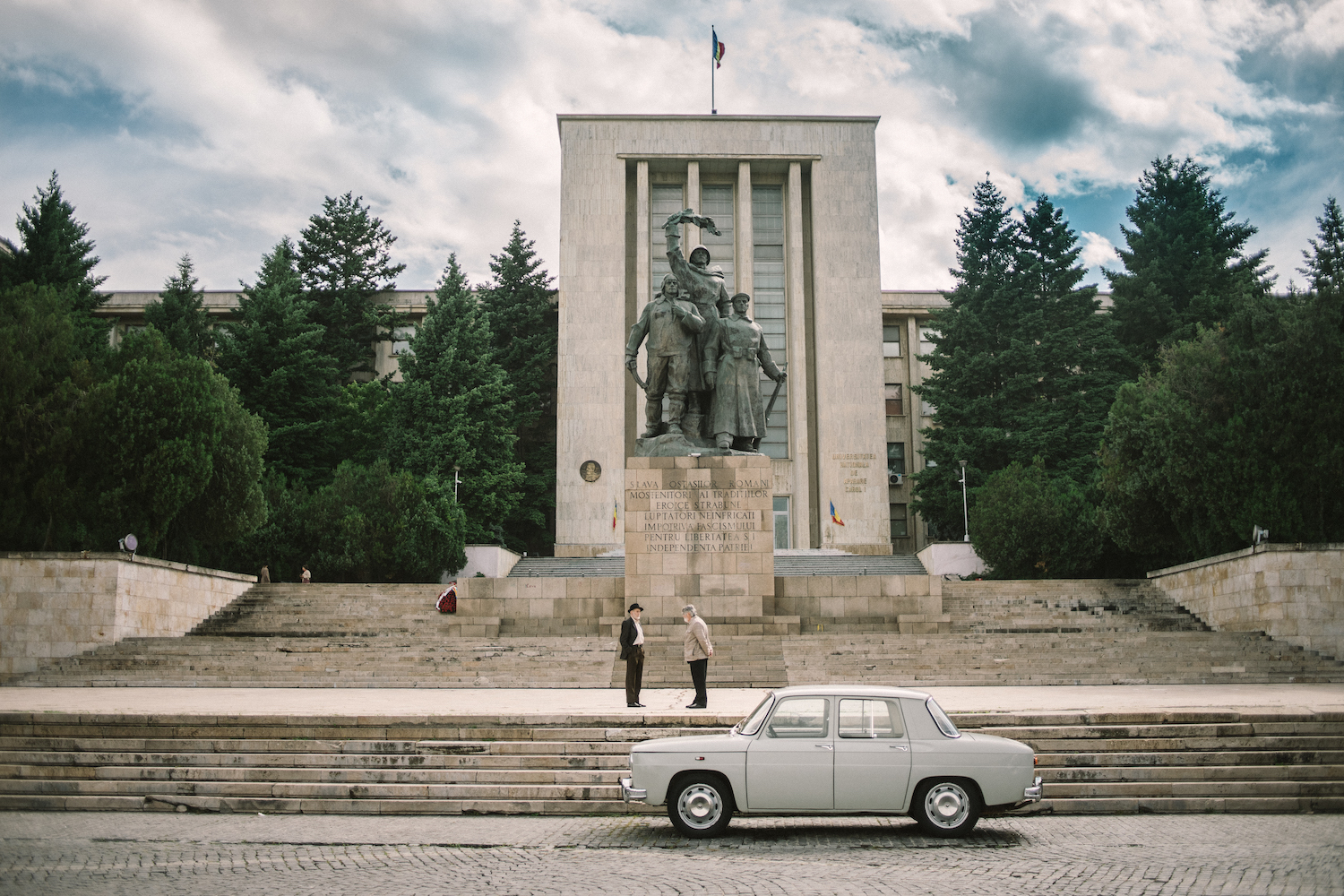
Călin Boto (Footnotes)
There is not much to say about the Romanian cinema of 2022, only that the big films in the festival circuit, such as R.M.N. (dir. Cristian Mungiu), Immaculate (dir. Monica Stan, George Chiper-Lillemark), Miracle (dir. Bogdan George Apetri) or Metronom (dir. Alexandru Belc), were in fact small. I went with a different approach for my list of picks, focusing on the best scripts this year, which is neither good nor bad but simply calls attention to another segment of cinema, which becomes visible especially when the most prominent one – that of directing – enters a general crisis.
The Potemkinists (written by Radu Jude)
Berliner Kindl (written by Lucia Chicoș, Emil Vasilache) & There Will Come Soft Rains (written by Lucia Chicoș, Emil Vasilache, Anca Munteanu, Andra Gheorghiu)
It is possible that soon everyone will know that Radu Jude is (also) the greatest humorist of his time, and essays will be written about the silences in Lucia Chicoș’s films. Late or not, these have been revelations to me.
You Are Ceaușescu to Me (written by Sebastian Mihăilescu)
As for Sebastian Mihăilescu, his film, rather based on a playful concept of forcing reality than on an actual script, has little chance of becoming a notable reference, and that’s exactly why I’m trying to prolong its memory.
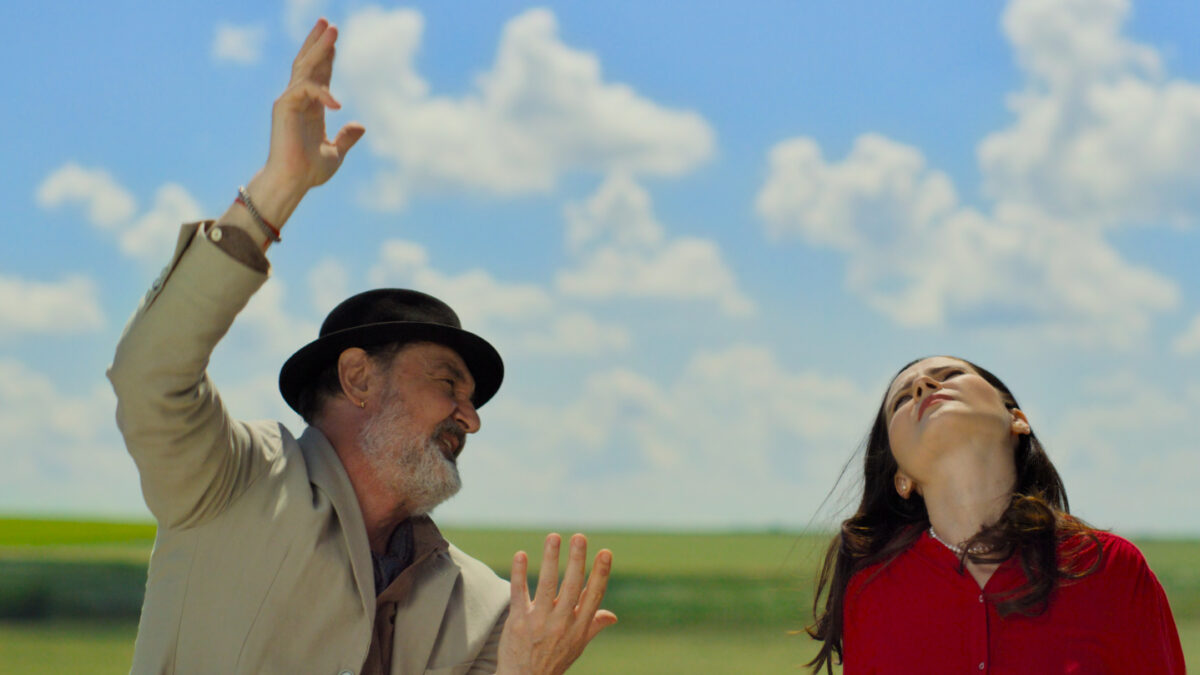
Flavia Dima (The State of Cinema)
It’s been a not-so-good year for feature films, despite some selections at Cannes and Venice – but that’s somewhat expected: we are now reaping the “harvest” of the pandemic years, as we predicted in 2020/21. I was going to include Mihai Mincan’s fiction debut To the North on my list, but I was held back by the fact that it only had one screening in Romania this year, so I’m saving it for 2023 – and Radu Jude’s The Potemkinists is already on Jonathan Rosenbaum’s year-end list for Screen Slate, so it doesn’t need further validation. Therefore, I decided to pick three short films made by three young filmmakers – the first two are experimental documentaries, whereas the third is a fiction film by a director who has just made her debut in feature-length documentary –, which announce them as strong voices, but above all, as talents to watch in the years to come, bearing the banner of a new generation of directors just out of school: my list could be seen as a snapshot of present and future cinema.
A.I. Poetries of Female and Non-Female Beings in Gas Stations at Night (dir. Cristina Iliescu)
Maybe There Is No Distance (dir. Letiția Popa)
Berliner Kindl (dir. Lucia Chicoș)
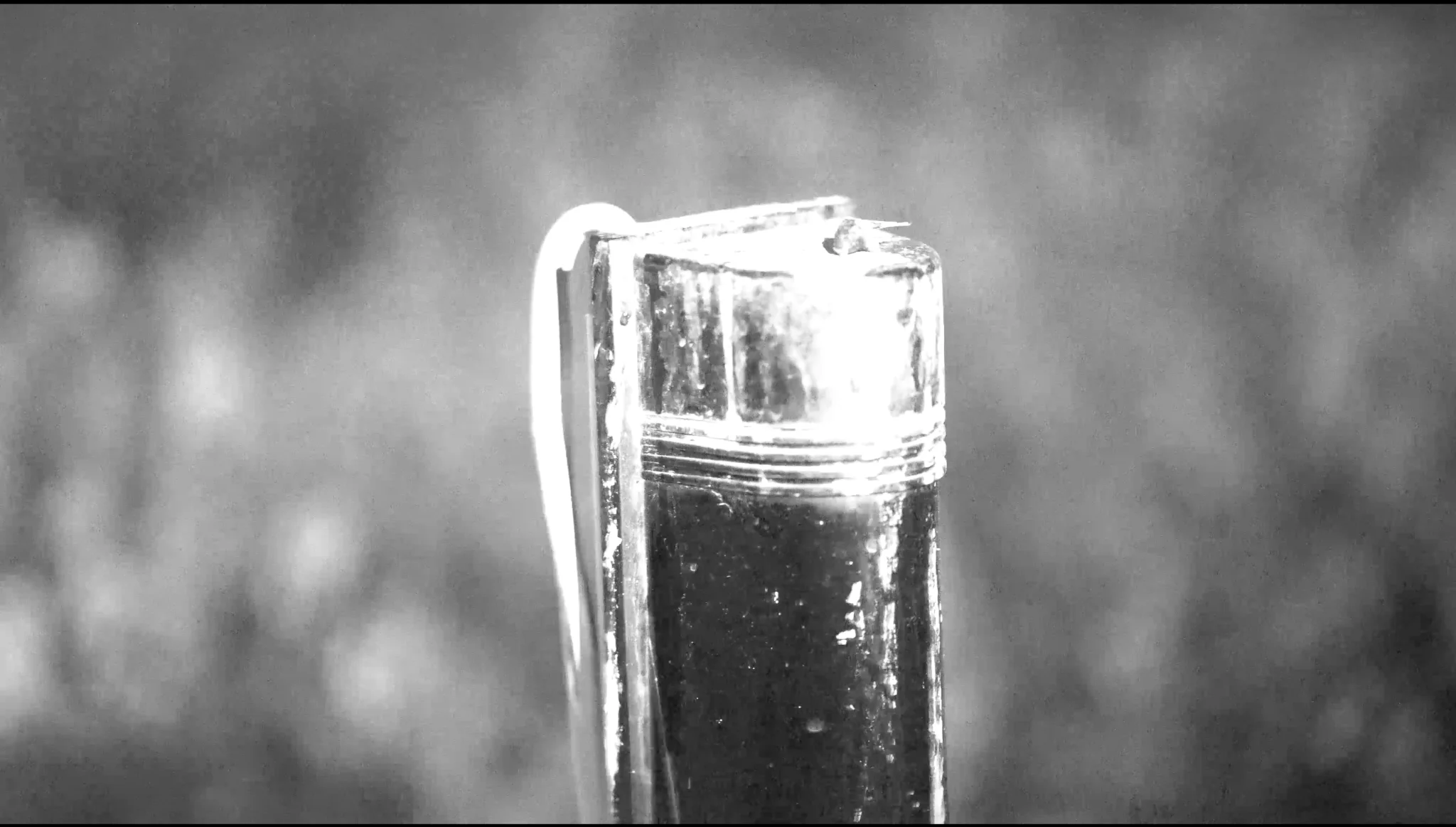
Ionuț Mareș (Emerging Voices & Interviews with established filmmakers)
The paradox of 2022 is that, although Romanian films have had a fair presence in the festival circuit (or, in any case, not so disappointing as other times), most conversations revolved around “Have you seen Teambuilding? It broke a new audience record. What about Mirciulică? Or The Goat and Her Three Kids?”. The release of these three popular films – made after recipes borrowed from international commercial cinema and adapted to the Romanian environment, which partially explains their success – in a row this autumn was a complete novelty in the history of Romanian film (personally, I see it as a simple and somewhat late entry into the normal functioning of a film industry). As regards the other side, that of festival films, the second half of the year brought some features that seem to have bitten off more than they could chew – I did appreciate some inspired ideas in each of them. Still, they demonstrated a certain stiffness and didactic approach that kept me from fully embracing them: R.M.N., A Higher Law, Marocco, Metronom, Men of Deeds. So for this top, I turned to two titles that I found to be the most rewarding, especially in terms of originality and formal freedom:
Cinema Almanac: Six Short Films (dir. Radu Jude) – an omnibus consisting of short fiction, animation, and essay films, and
You Are Ceaușescu to Me (dir. Sebastian Mihăilescu) – a hybrid documentary.
My list is rounded off with two excellent animated short films:
Amok (dir. Balázs Turai) & Sasha (dir. Serghei Chiviriga)
Finally, it is also worth noting that after two or three years in which we cheered the effervescence of documentary film, 2022 was not as generous in outstanding works of non-fiction. Let’s hope it’s just an exception. And to slightly anticipate what 2023 will bring us in terms of theatrical releases, Mihai Mincan’s thriller To the North should not be missed.
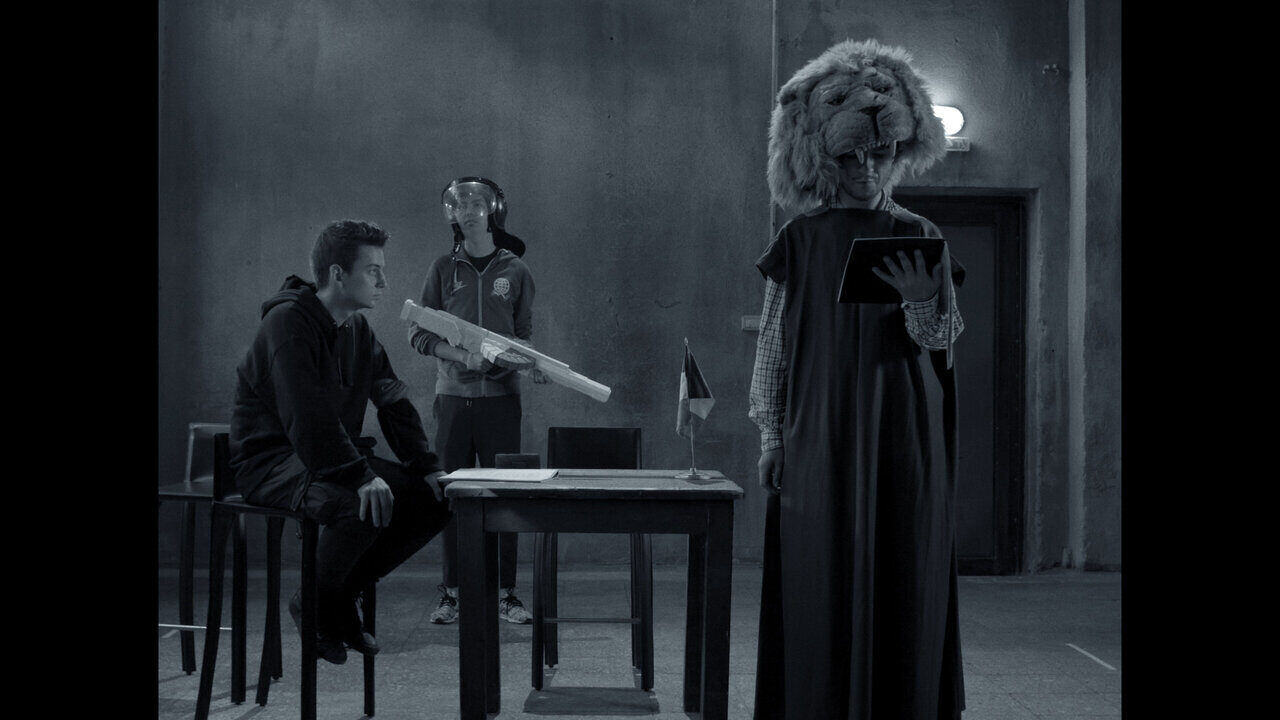
Victor Morozov (City Symphonies & Kinostalgia)
Cinema Almanac: Six Short Films (dir. Radu Jude)
Radu Jude remains the only Romanian filmmaker who offers a thrilling and indispensable reflection on the age of image. His oeuvre, which with each new film, be it short or feature, always pushes this formal and political exploration further, falls within the most relevant cinematic efforts today in Romania (and not only).
Immaculate (dir. Monica Stan & George Chiper-Lillemark)
I’ve also included Immaculate in my list, the most important local feature film released in 2022.
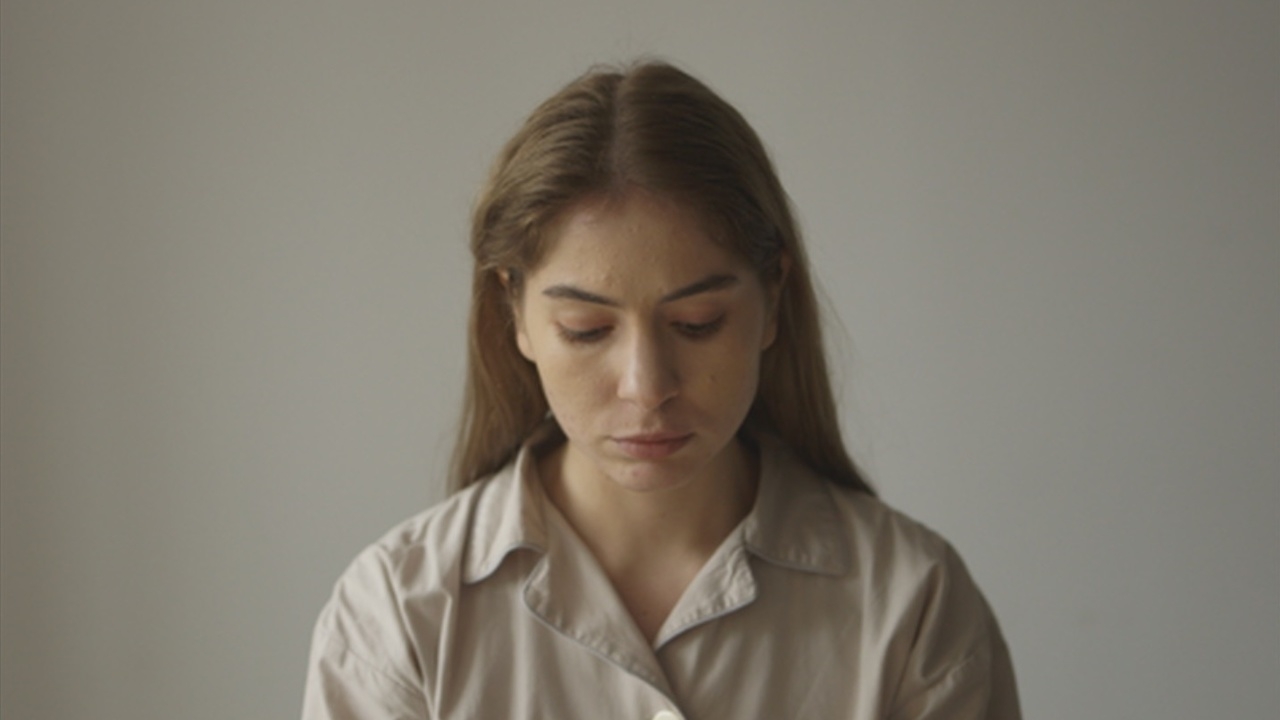
Andreea Pătru (Monthly Top)
Although it was not such a bad year in terms of local cinema, I had a hard time connecting with Romanian films in 2022. Drawing the line, the few titles that made it in festivals didn’t leave a strong impression on me, but I was left with some memorable viewing experiences, among them:
The Potemkinists (dir. Radu Jude) – the audience laughing out loud at Jude’s comedy The Potemkinists, awarded (and seen) at Curtas Vila do Conde
Amok (dir. Balázs Turai) – the thrilling energy in the room, as if in tune with the film’s editing pace, at the Winterthur screening of Amok
You Are Ceaușescu to Me (dir. Sebastian Mihăilescu) – and the joy of discovering a work of non-fiction as bold as Sebastian Mihăilescu’s film, which explores a different approach to Ceaușescu’s early biography.
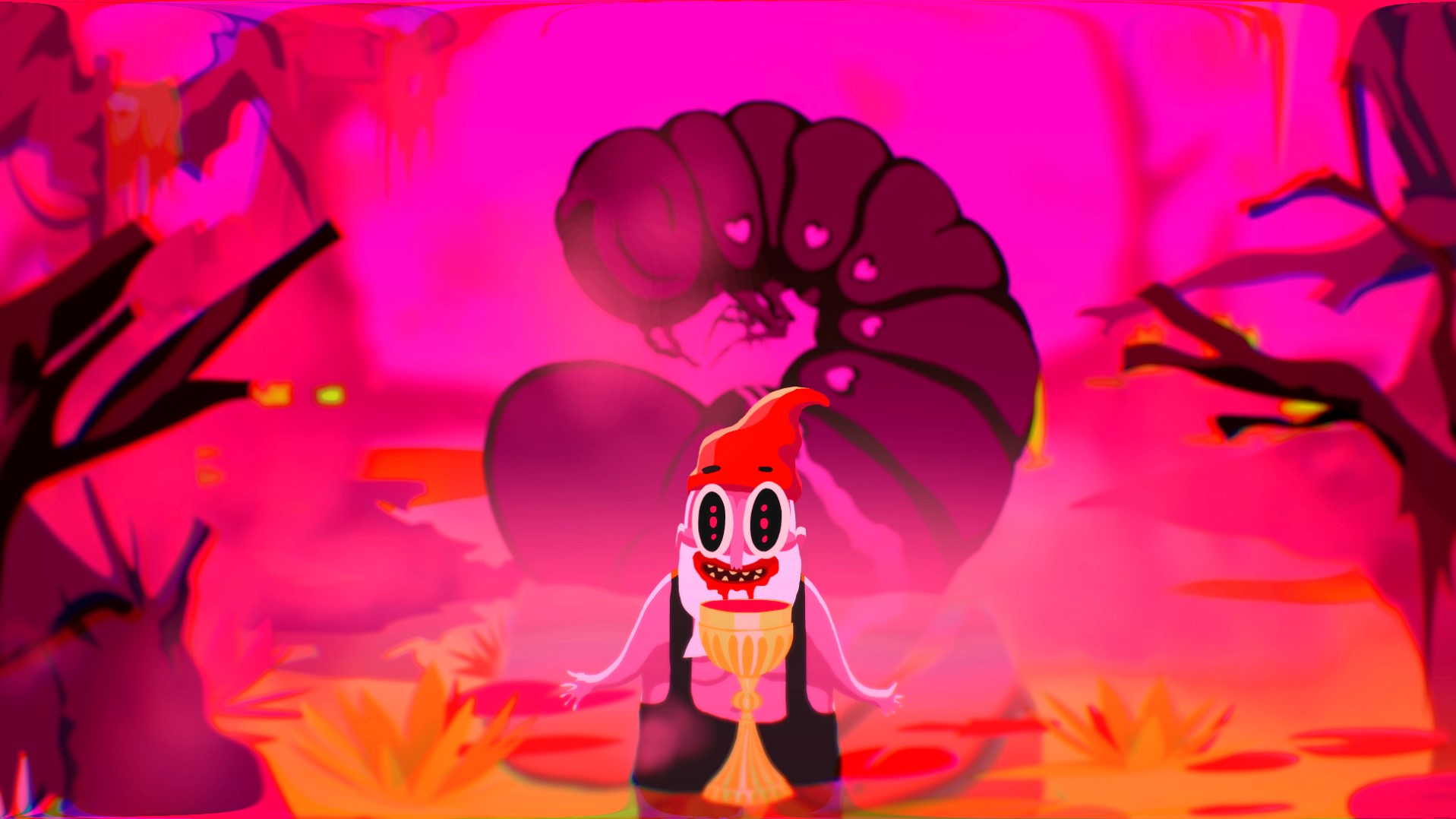
Steve Rickinson (Dok.cetera)
In no particular order:
Too Close (dir. Botond Püsök) – It was something of a slow year for the country’s respected documentary scene. However, Botond Püsök’s Too Close stood out for its delicate and respectful immersion into provincial struggle and the still all-too-real power of religion. Despite the sensitivity of its inciting incident, the Astra Film Festival-winning observational documentary effectively avoids sensationalist territory. The result is a versatile film, simultaneously a personal tale of struggle and a universal story of perseverance.
You Are Ceaușescu to Me (dir. Sebastian Mihăilescu) – The context of my perspective on Sebastian Mihăilescu’s multi-award-winning experimental documentary is undoubtedly much different than those of my colleagues. Unlike myself, many of them represent the same age group (and, of course, location) as its young-adult subjects. However, You Are Ceaușescu to Me is a fascinating look into that now relegated to the pages of history and how said history is interpreted via almost folktale-esque lore. In my opinion, communist and post-communist realities limit much of the country’s contemporary cinema, even its most renowned. Still, You Are Ceaușescu to Me is not a(nother) indictment of the dictatorship years. Instead, it is a look at a youth floating through an ever-changing modern world, affected by both the traumas of the past and the moral limits of a globalization world.
Mon Ami (dir. Carina-Gabriela Dașoveanu) – Admittedly, short narrative films are one of my least engaged with genres. But, every so often, one comes along that strikes me long after viewing, and in 2022 it was Carina-Gabriela Dasoveanu’s wonderfully relatable Mon Ami. Fluctuating between the naturalism we’ve come to expect from New Romanian Cinema but dotted with welcome stylizations and a distinctively saturated color palette, Mon Ami dives into the existential loneliness of the upper classes, the malaise of success at the detriment of personal relationships. With solid performances from Marius Manole and rising star Gabor Bondi, Mon Ami is more than a formidable follow-up to Dașoveanu’s award-winning Love Stories on the Move.
Honourable Mention (short): Amok (dir. Balázs Turai)
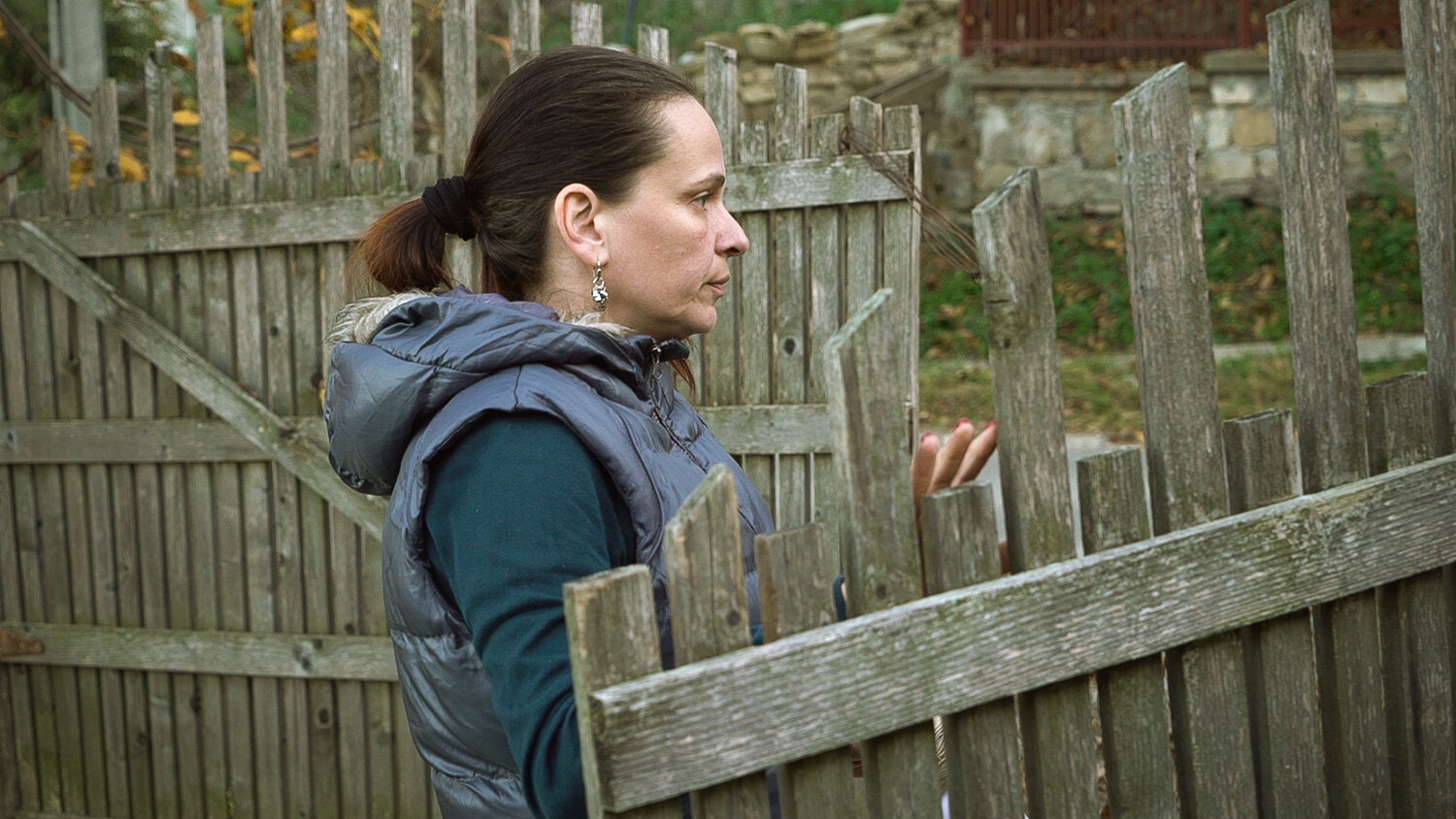
An article written by the magazine's team


